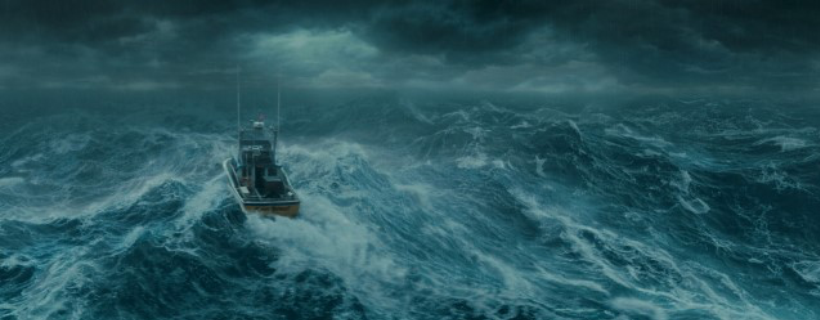As the health impact of the coronavirus continues to mount, the economic impact is increasingly apparent. The lives of the people affected by the virus are the primary concern, but understanding its impact on the global economy is also an important part of a balanced response to crisis.
Beyond the impact on human lives, we aim to give context on the market impact.
It’s helpful to start with the fact that we’re not infectious disease experts – we are long time tech investors with experience and observations from previous black swan market events.
In both volatile and stable and markets, there’s a lot that we don’t know. The truth is that all investors operate under more unknowns than knowns. That reality should not make investors nervous but should embolden them, knowing that all market players must manage the same external factors.
The unknowns surrounding the new coronavirus are seemingly endless. Trying to predict their impact is not helpful, given nobody knows the severity and duration of the situation. Instead, we’ve outlined our thoughts on the current market truths with the following metaphor.
A nautical metaphor to illustrate what we know
On a clear day, two ships leave Los Angles, both destined for Honolulu. One ship represents the market (all public companies), the other carries large-cap tech companies.
The voyage is going smoothly until, out of nowhere, a typhoon descends. The storm damages both ships’ ability to forecast the current situation. Radar is compromised, accurate information is limited, and the ships’ course forward is unclear.
Both ships are caught off guard. The crews are concerned. Passengers are thrown overboard. A sense of panic races through the remaining passengers. Arriving in Honolulu on time is no longer an option.
This is the current market reality: The headwind impacts all market segments, supply of product, healthcare, transportation, and tourism. Economic growth will slow. The March, June, and September quarters will fall short of original expectations. The largest companies will be affected first, which means fewer people traveling, eating in restaurants, and visiting fitness centers. In turn, smaller companies will be impacted.
Survival mode
The captains of both ships are forced to shift to survival mode, change course and head in different directions in an effort to find safety. The market ship turns back for the long journey to the mainland. The large-cap tech ship turns north looking for closer, calmer waters.
Neither captain knows when the storm will end, but they both know that eventually, the sun will come out, the waves will recede, and they will resume the voyage to Honolulu.
The large-cap tech ship is better positioned, with a shorter trip to Honolulu. Once conditions normalize, the boat that was leading will likely resume its leadership position. Both crews must handle similarly adverse conditions, but leaders outperform in both adverse and in normal conditions.
In terms of the market, history suggests that the slope of the market decline will roughly map to the slope of the rebound.
The world will eventually continue to go mobile, shop online, stream content, search for information, be social, and embrace electric vehicles. Those mega drivers of societal change will endure this storm. All of the things that were true a month ago will be true after the storm. The leaders before the storm hit will likely be the leaders after.
Scenario planning
What if this storm is more powerful than anything we’ve seen before, sending the S&P down 50%? While this is an unlikely outcome, let’s not judge it; rather, let’s prepare.
The likelihood of unforeseen political events would rise. Take for example the recent financial meltdown when the S&P declined 40% from summer of 2007 to the November 2008 election. The market slide likely played a role in the election of Barack Obama. The market decline spurred voters to look for a change.
In these environments the likelihood of political change increases. In the US, the likelihood of President Trump’s re-election is partly dependent on how quickly the economy gets back on track. If not, GDP growth could slow or contract, and the Fed, left with limited leverage, may be challenged to restart growth.
Righting the ship
The market ship may be off course for a long time. For those on board the large-cap tech ship, stay the course. You’re in survival mode, so focus on stability and quality, companies like Apple, Google, and Microsoft. The fundamentals underpinning those companies will be at least as strong on the other side.
